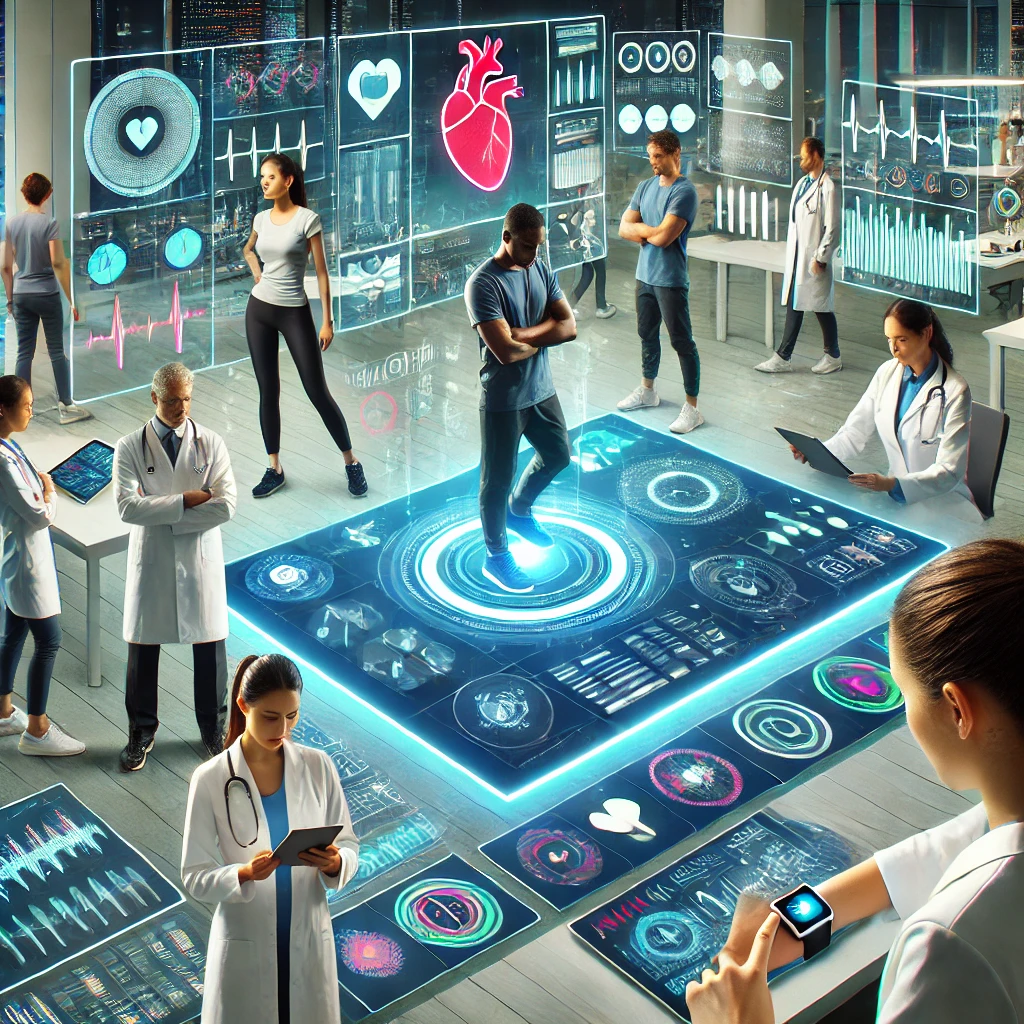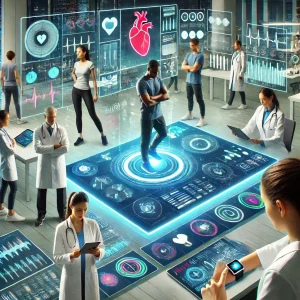
Transforming Healthcare: How Wearable Tech is Revolutionizing Health Monitoring

The Rise of Wearable Technology in Healthcare
Wearable technology first gained popularity in fitness circles, where devices like Fitbit and Garmin introduced people to the idea of tracking physical activity, heart rate, and sleep patterns. Over time, the capabilities of these devices have expanded exponentially, making them indispensable in modern healthcare.
For instance, today’s wearable devices can monitor vital signs such as:
- Heart Rate: Detecting irregularities like arrhythmias.
- Blood Oxygen Levels: Useful for patients with respiratory conditions.
- Blood Pressure: Monitoring hypertension trends.
- Glucose Levels: Essential for diabetes management.
These features provide real-time data that patients and healthcare providers can analyze to make informed decisions.
Benefits of Wearable Health Devices
Wearable health technology offers several advantages, making it an integral part of healthcare monitoring:
- Early Detection of Health Issues Wearables enable early detection of abnormalities, allowing for timely medical intervention. For example, a smartwatch’s ECG function can detect atrial fibrillation, potentially saving lives.
- Personalized Healthcare By continuously tracking data, wearables help customize healthcare plans. This is particularly beneficial for managing chronic conditions like diabetes and hypertension.
- Encouraging a Healthy Lifestyle Fitness trackers motivate users to stay active, set fitness goals, and improve overall well-being.
- Remote Monitoring Wearables allow doctors to monitor patients remotely, reducing the need for frequent hospital visits and making healthcare more accessible.
Emerging Trends in Wearable Health Tech
The future of wearable technology in healthcare is exciting and full of potential. Some key trends include:
- AI Integration: Leveraging artificial intelligence for predictive analytics and personalized insights.
- Smart Fabrics: Clothing embedded with sensors to monitor health metrics.
- Advanced Biosensors: Devices capable of monitoring hydration, stress levels, and even mental health.
- Telehealth Compatibility: Seamless integration with telemedicine platforms to provide a holistic healthcare experience.
Challenges and Limitations
wearable technology has immense potential, it is not without challenges:
- Data Privacy Concerns: Ensuring the security of sensitive health data is critical.
- Accuracy Issues: Some devices may provide inconsistent or inaccurate readings.
- Cost Barrier: High-end wearables can be expensive, limiting accessibility.
The Future of Wearables in Healthcare
The integration of wearable technology with healthcare is set to grow, driven by advancements in IoT, machine learning, and 5G connectivity. These innovations will make wearables smarter, more efficient, and accessible to a broader audience. Future devices may even predict health issues before they occur, ushering in an era of truly preventive healthcare.
Promoting a balanced life with organic foods, healthy recipes, and medical information for better wellness.
© 2024 DailyMeidicure.com. All Rights Reserved. Content on this site is for informational purposes only.